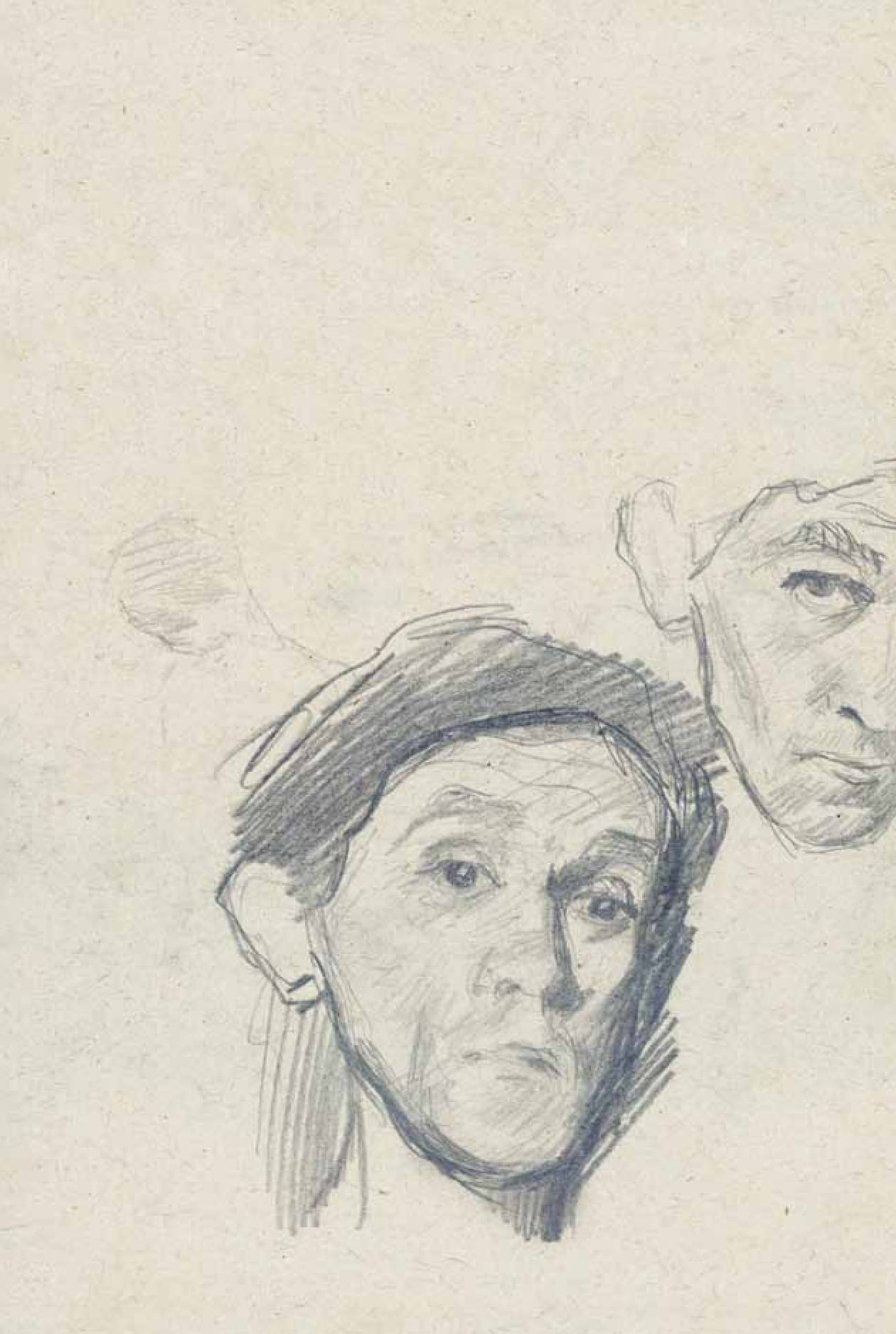Schulz nasz bliźni
DOI:
https://doi.org/10.26881/sf.2018.12.01Abstrakt
When in 1947 Pierre Klossowski called the Marquis de Sade his „neighbor,” in fact he did it on behalf of an entire generation of French intellectuals, writers, and artists, for whom the „divine Marquis” became emblematic both as a source of philosophical inspiration, and as an existential figure. Soon the author of 120 Days of Sodom would be taken into consideration by Bataille, Blanchot, Camus, and de Beauvoir, and then by Barthes, Ricoeur, Lacan, Deleuze, and Kristeva, to mention only the French. Now, after several decades, it is clear that the twentieth-century humanities made his writings one of their permanent points of reference, either negative, or positive. Therefore, Sade became a neighbor of every one of them. Still, Klossowski did not only mean rational and “structural” kinship when he called the author of Juliette his “neighbor.” His statement seems to have reached much deeper, at something most intimate and dark that remains beyond the pale of reason – Schulz called it the “basic capital of imagination,” the “roots of individual spirit,” the “mythic core.” Just like de Sade, Schulz has many devotees – commentators who also are his “neighbors.” Schulz Studies stem from a statement by Jerzy Ficowski, “I have found the Authentic.” He was then followed by many scholars who were similarly dazzled and seduced, ready to „engage in discoveries.” There are more and more of them nowadays, but Schulz, like the „divine Marquis” in the 20th century, has become for us, overwhelmed by the less and less intelligible and more and more grotesque reality of the 21st century, also a point of reference and an emblem of a certain intellectual and aesthetic identity. With his new materialism, non-anthropocentrism, and the ethic of care, Schulz seems now a harbinger of a new paradigm of Polish culture, which is emerging under our eyes. Perhaps soon enough someone will claim on behalf of a whole generation of post-humanists: Schulz, our neighbor. Will it be true? For now, we are in abeyance, relying only on ourselves. In a trembling voice, with a premonition of something intimate and dark in ourselves, each of us repeats in his or her own name: Schulz, my neighbor.

 Uniwersyteckie Czasopisma Naukowe
Uniwersyteckie Czasopisma Naukowe





